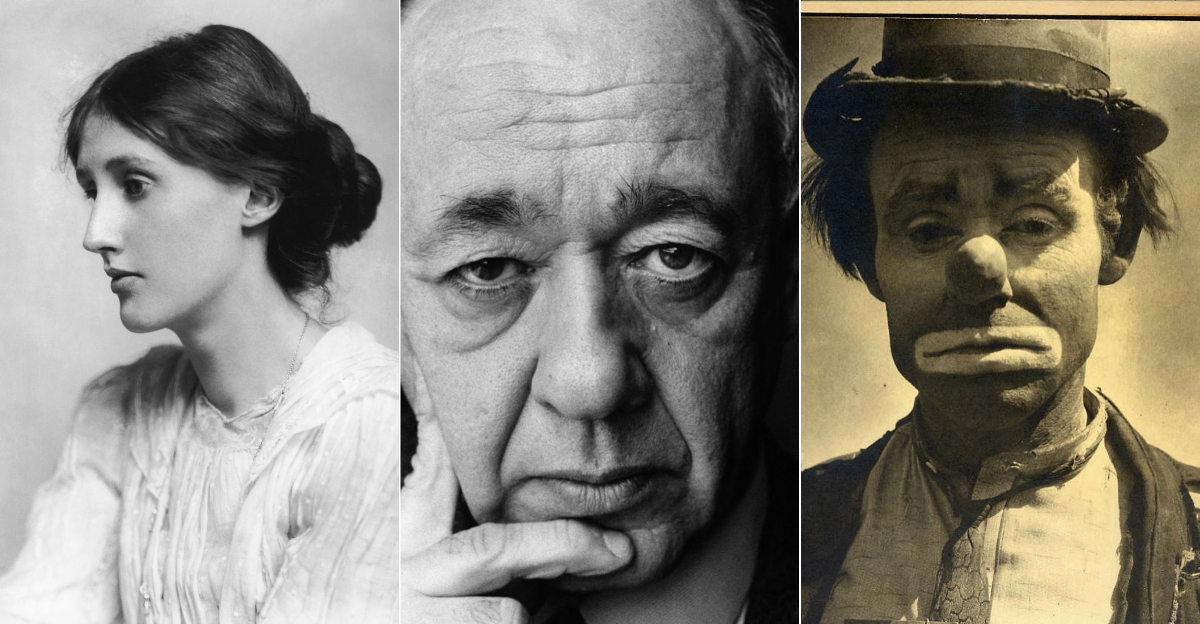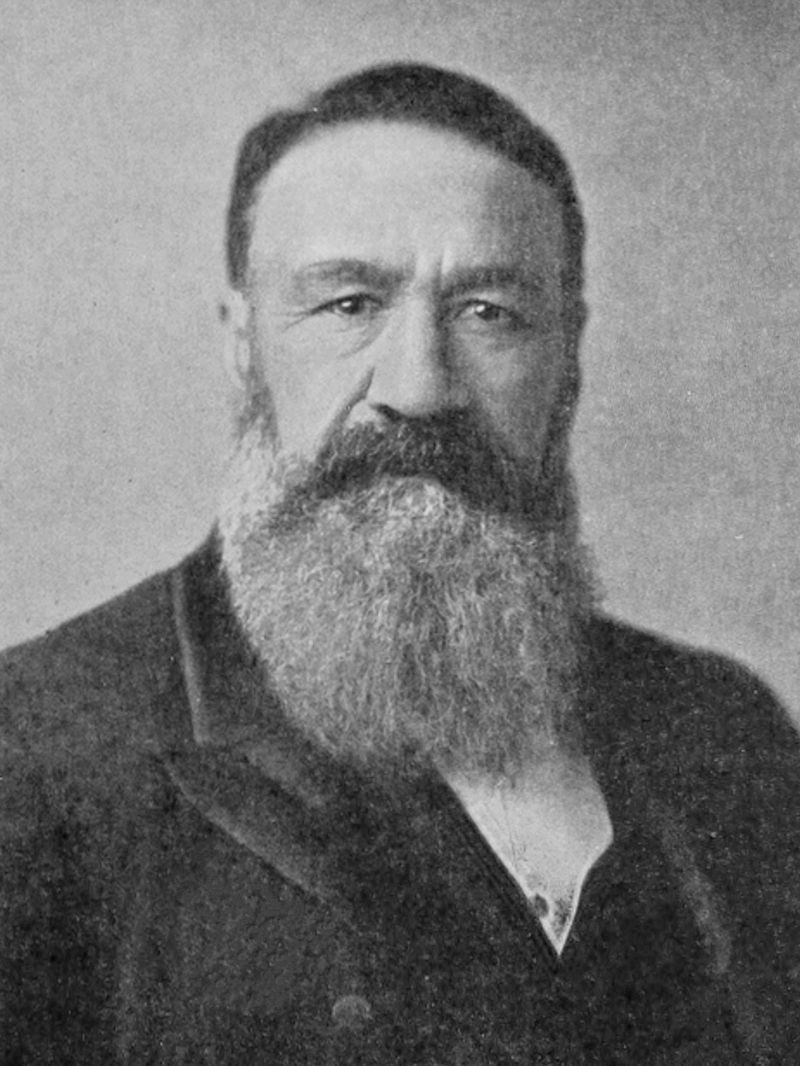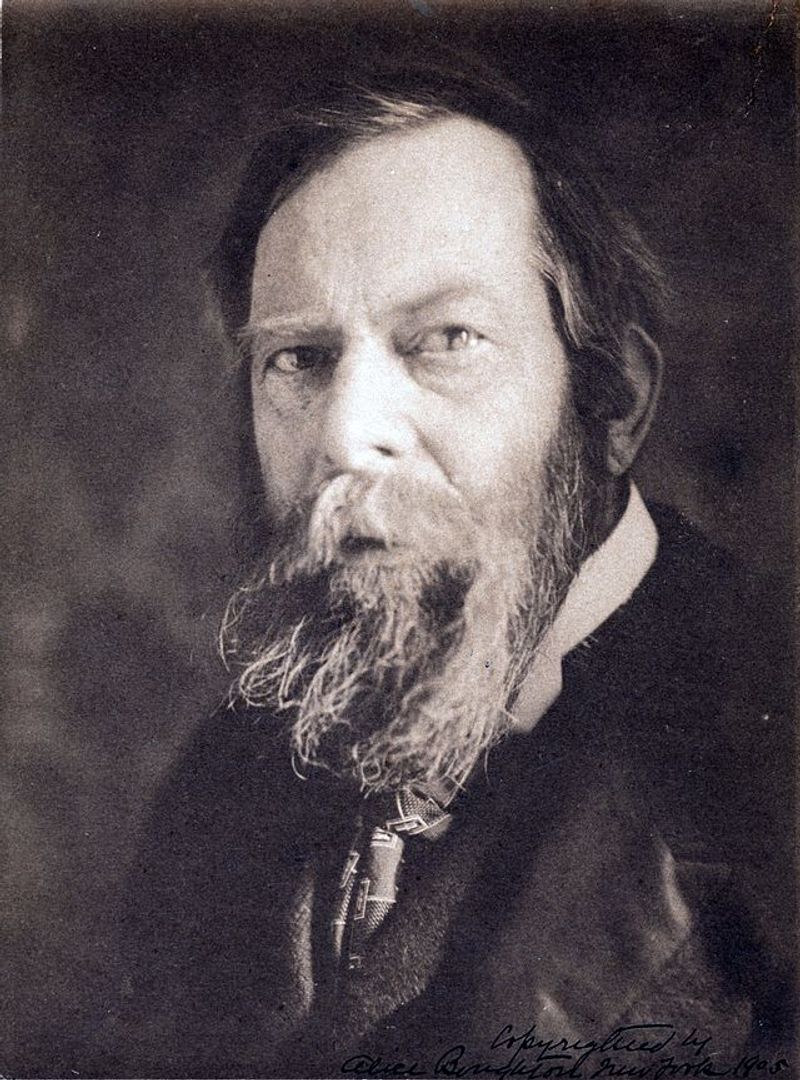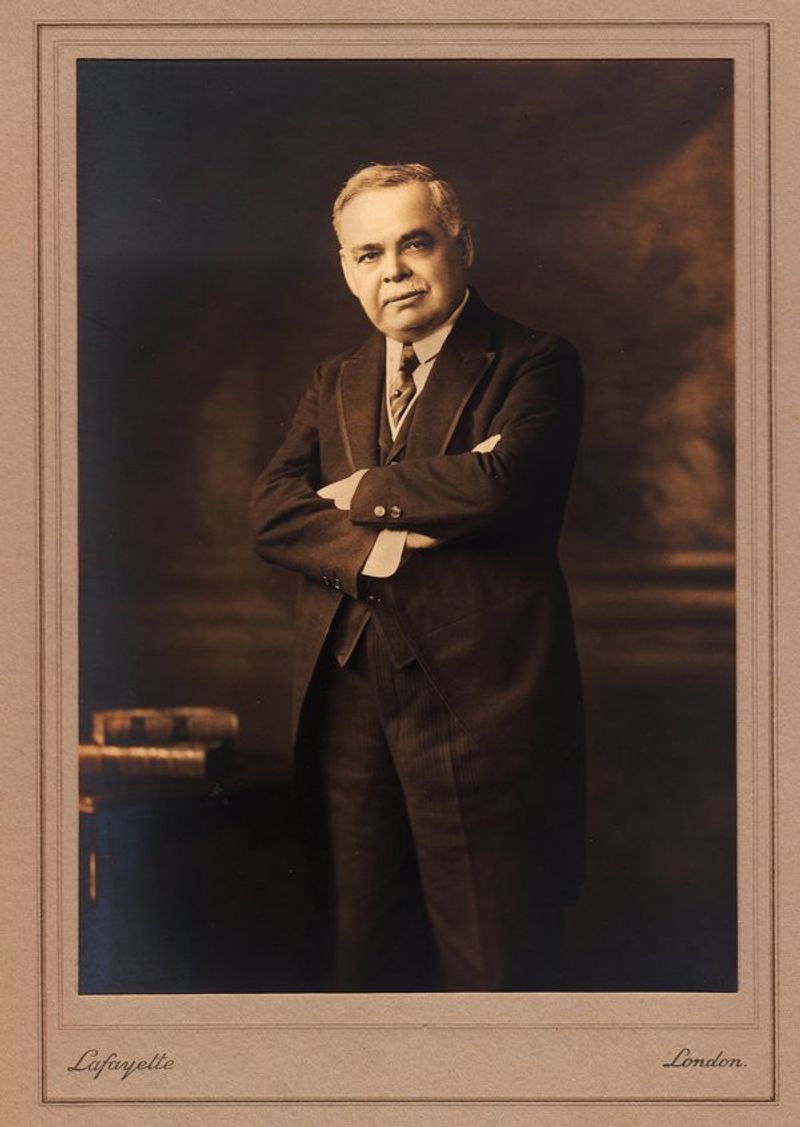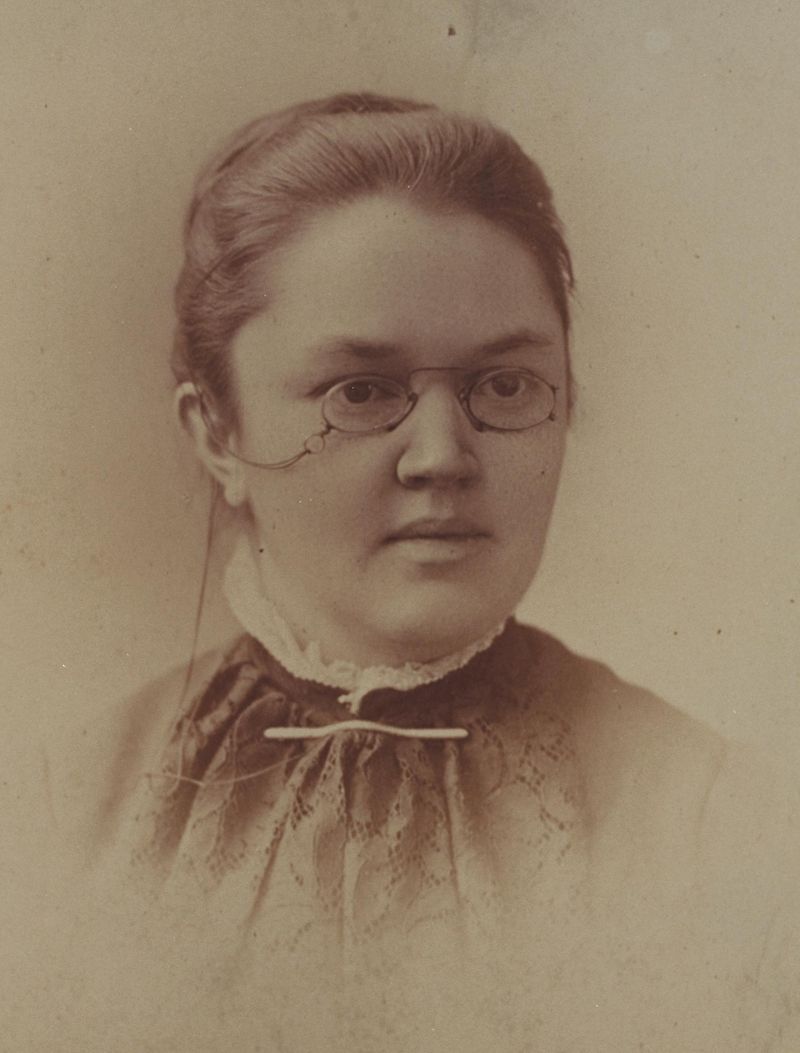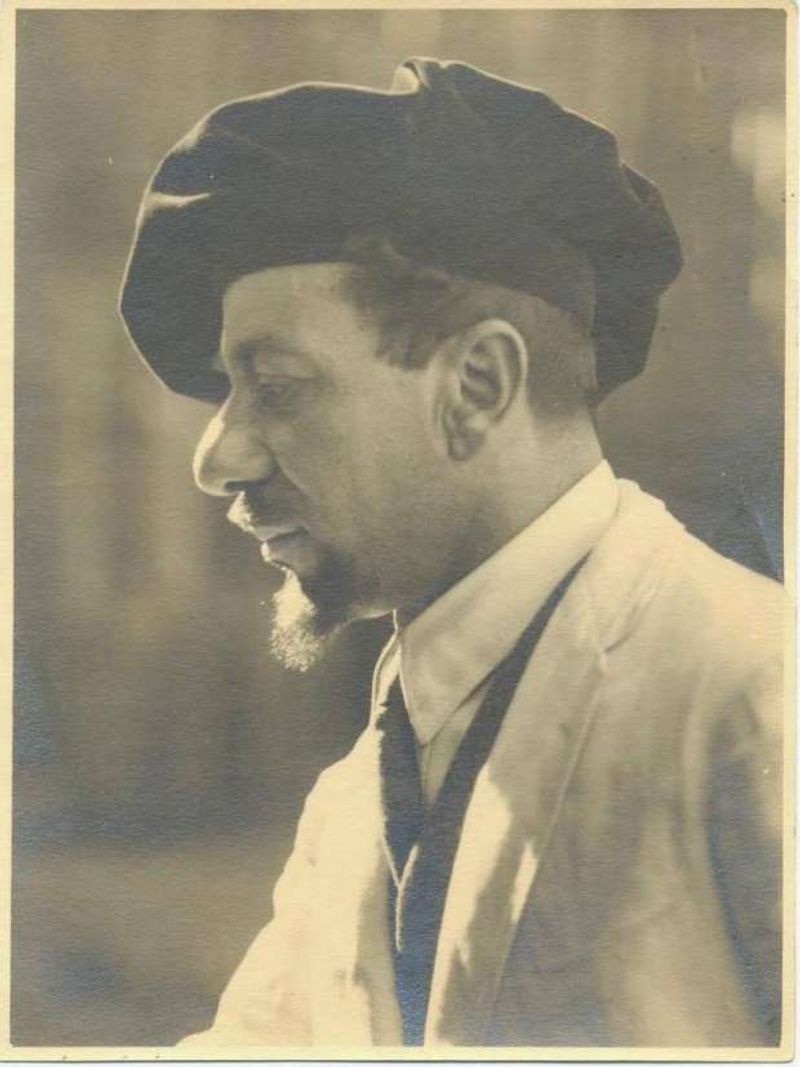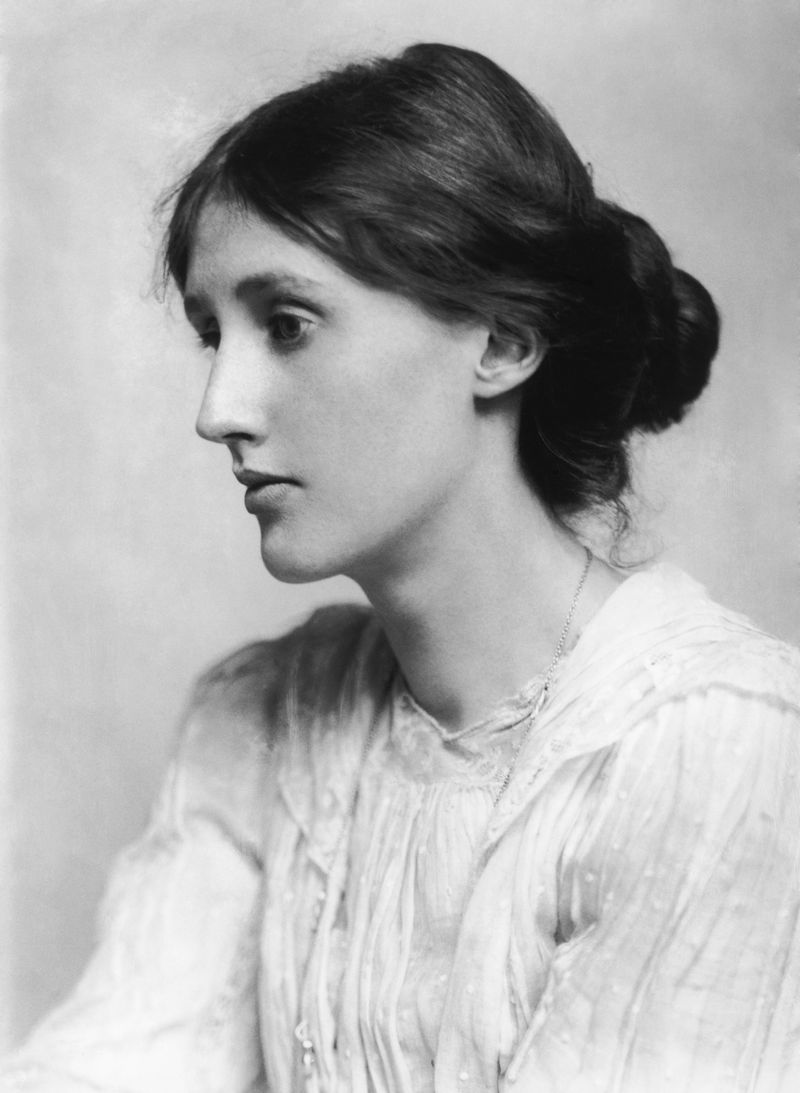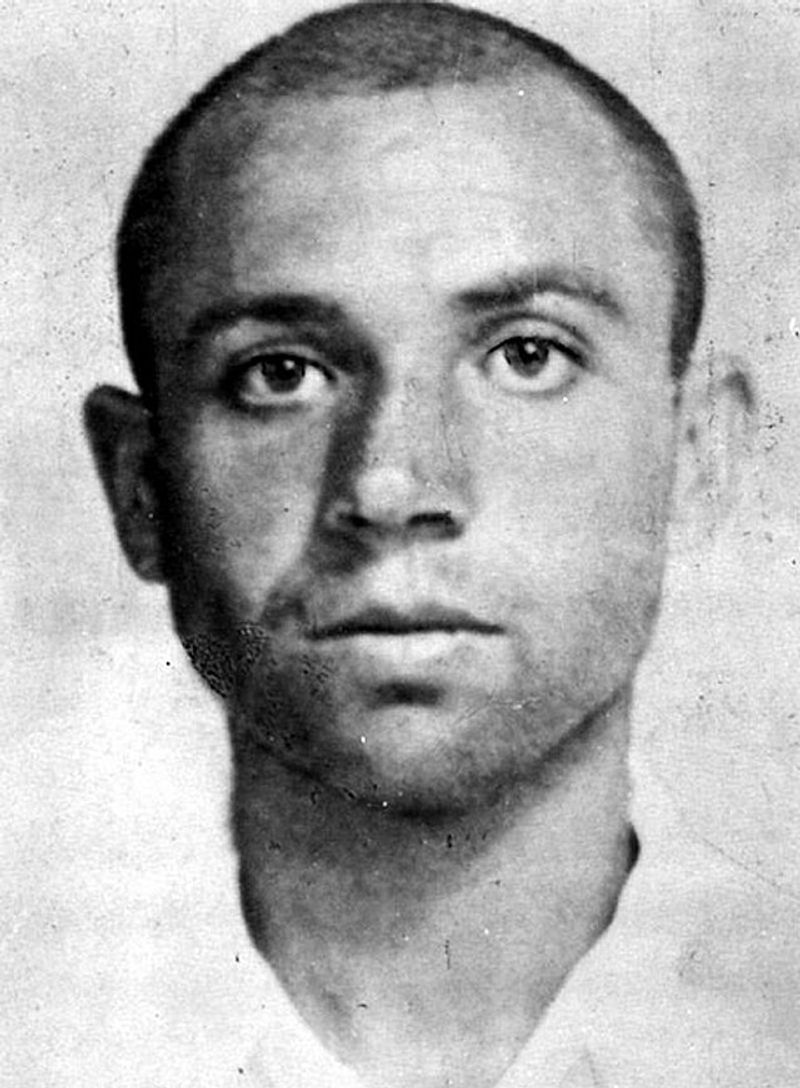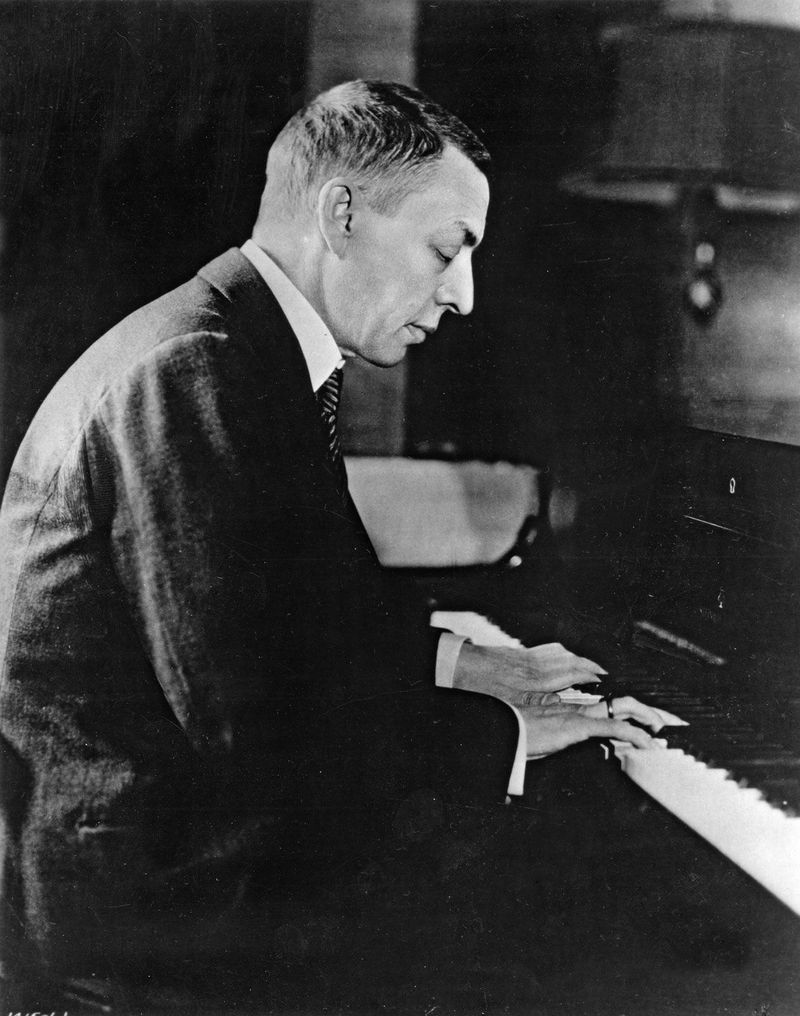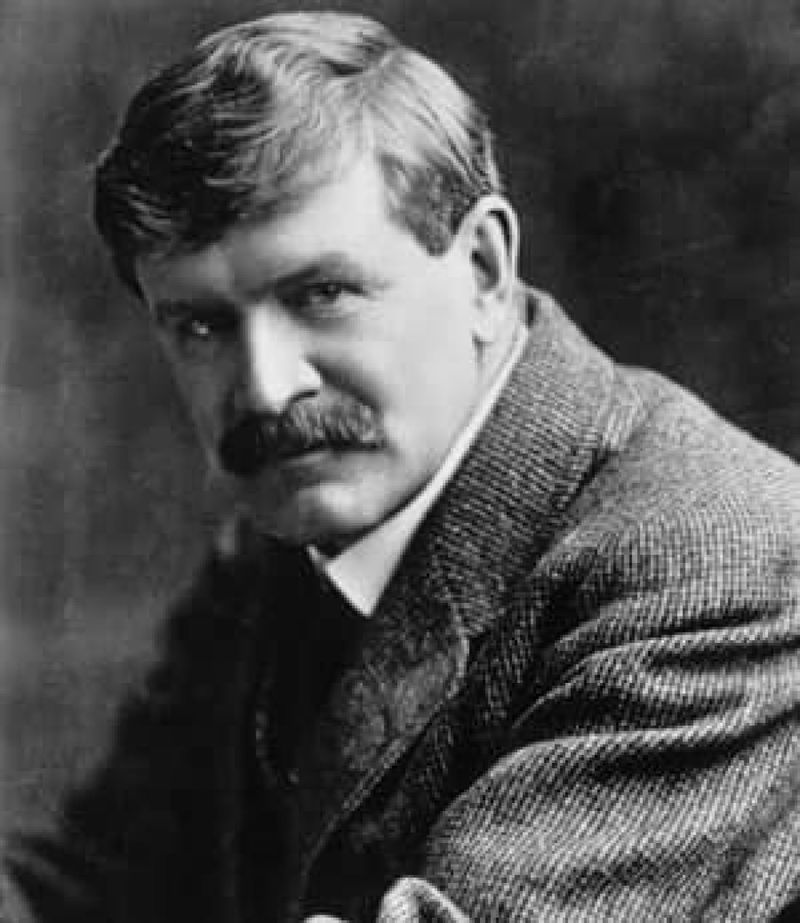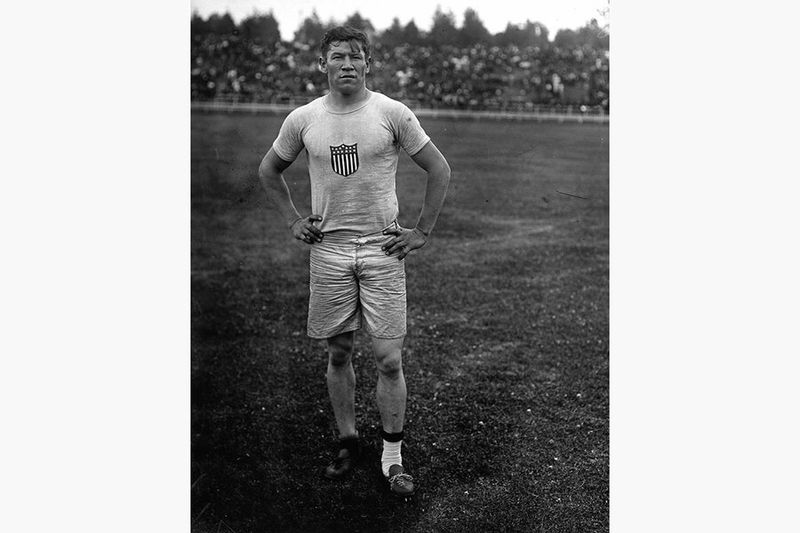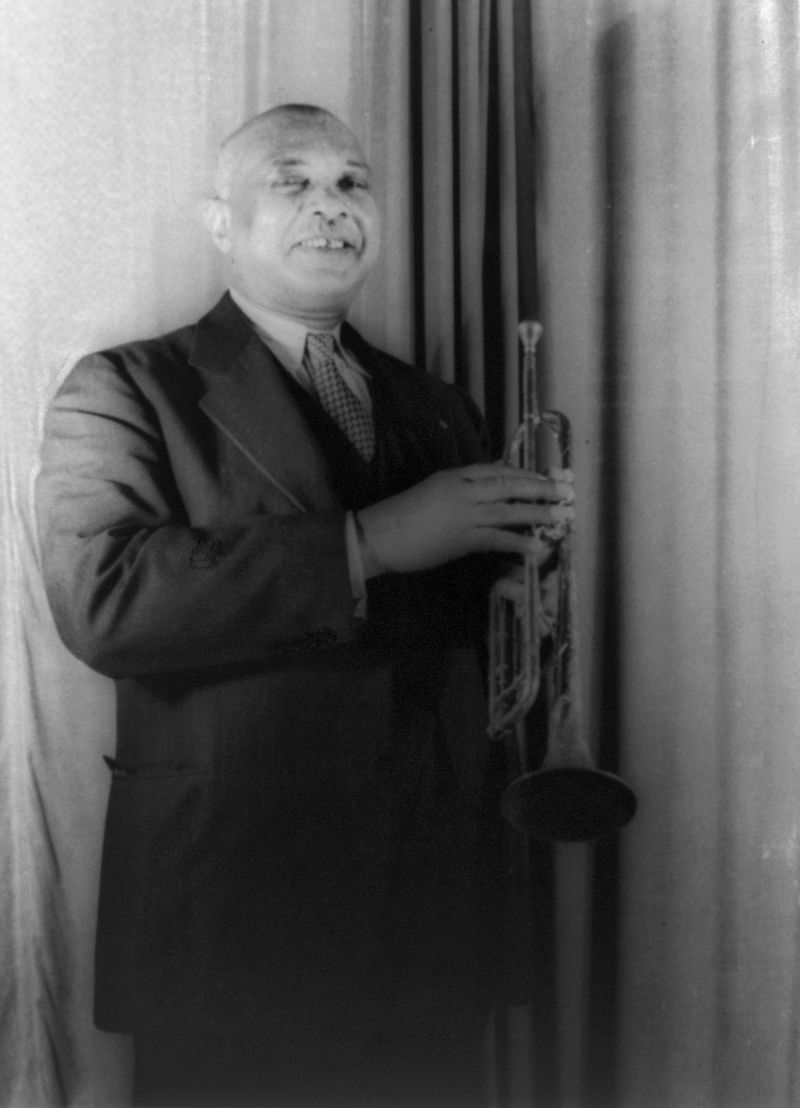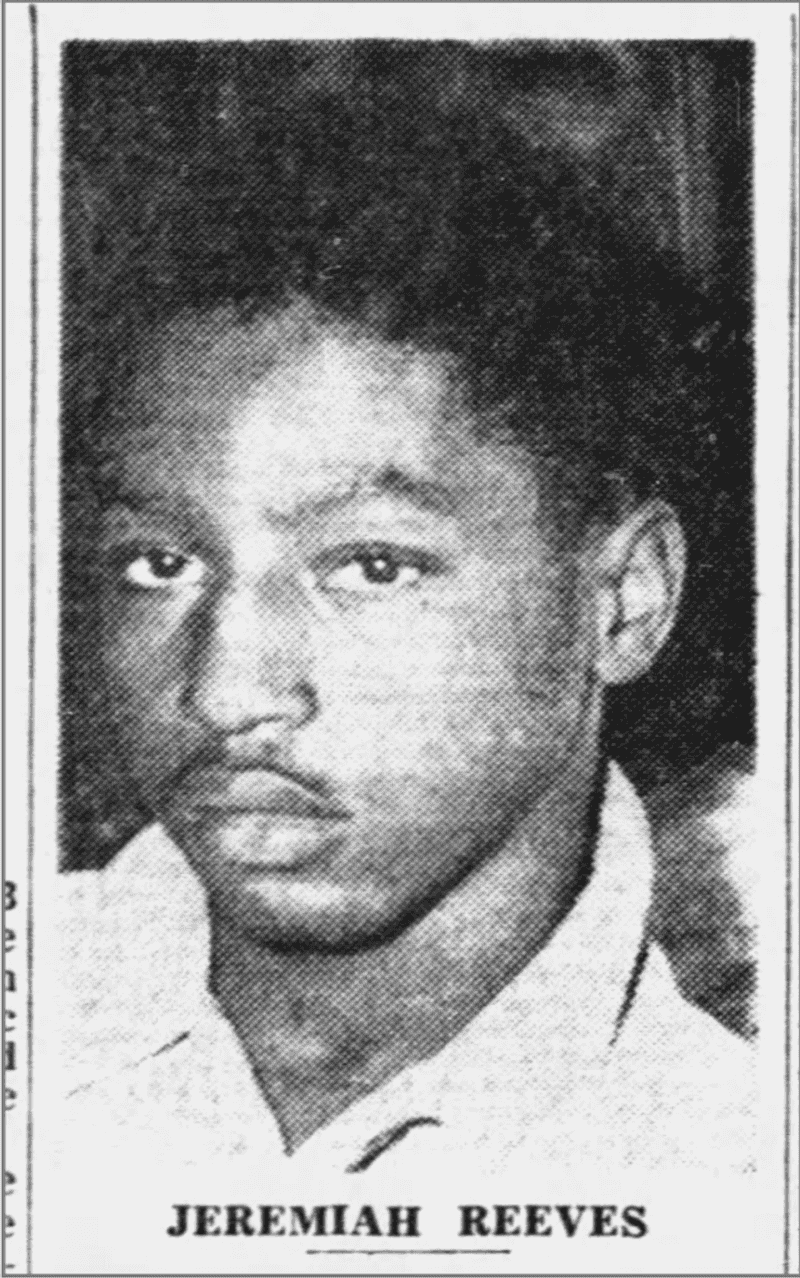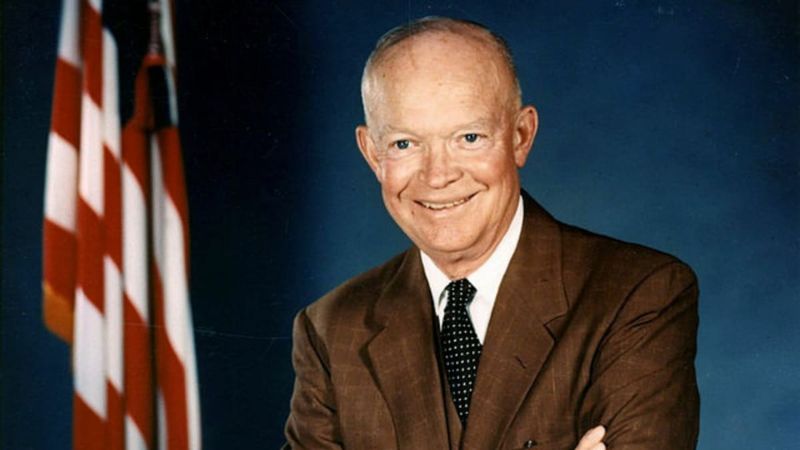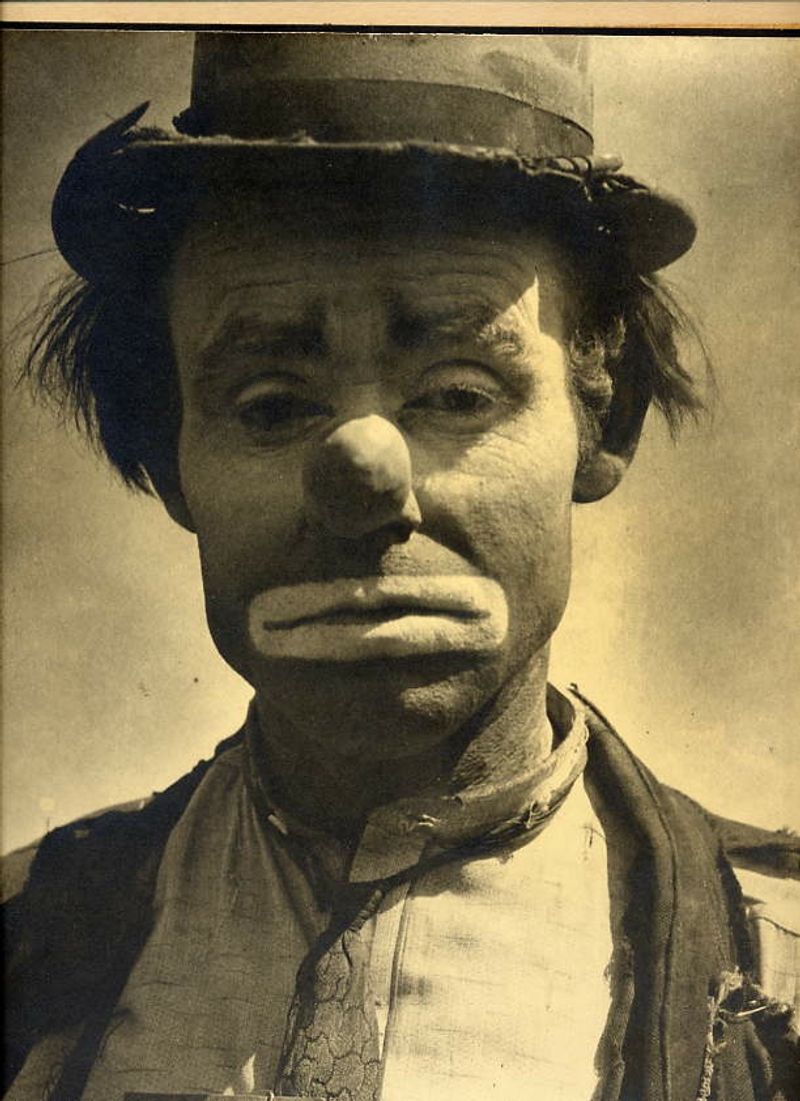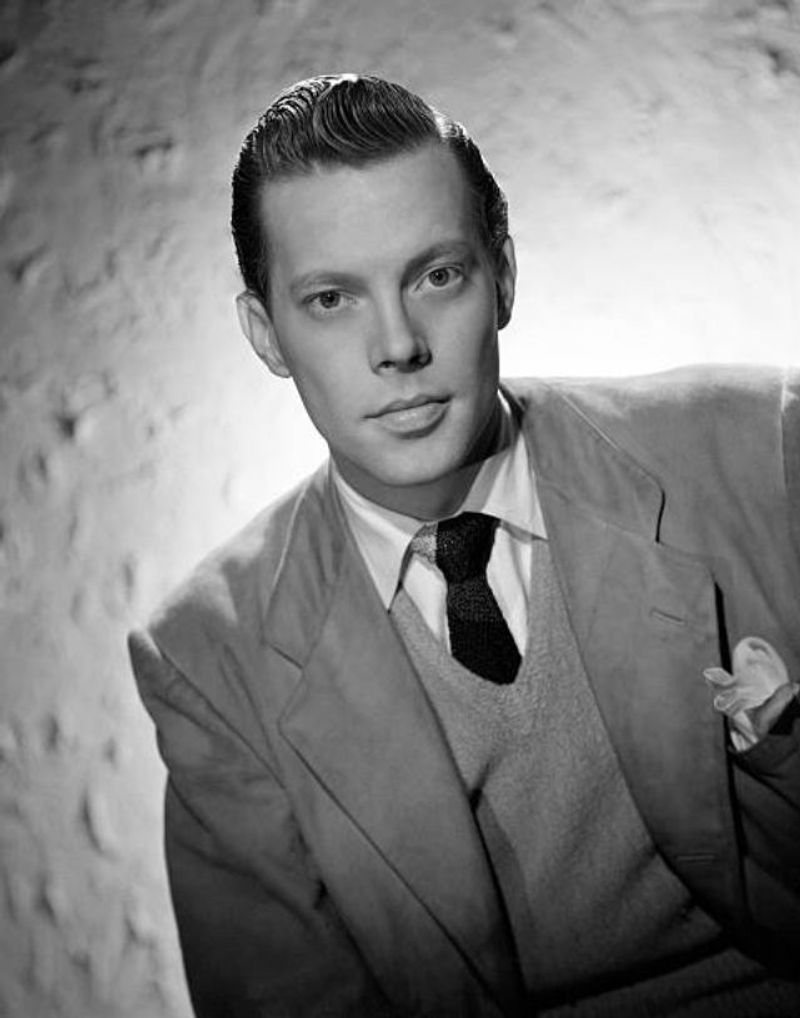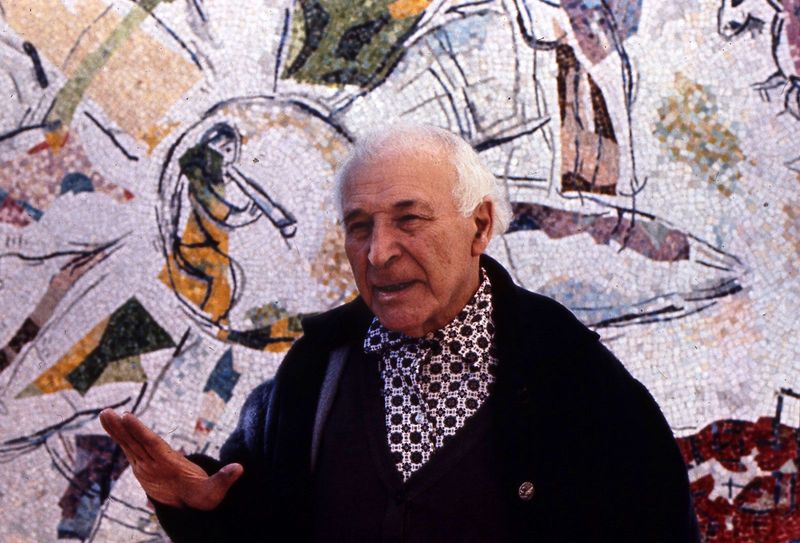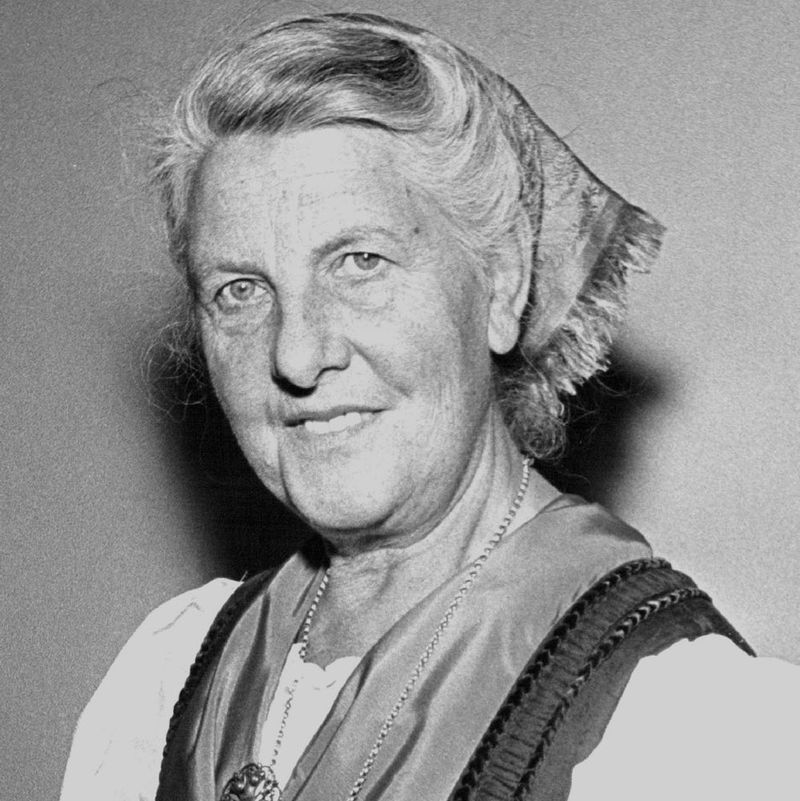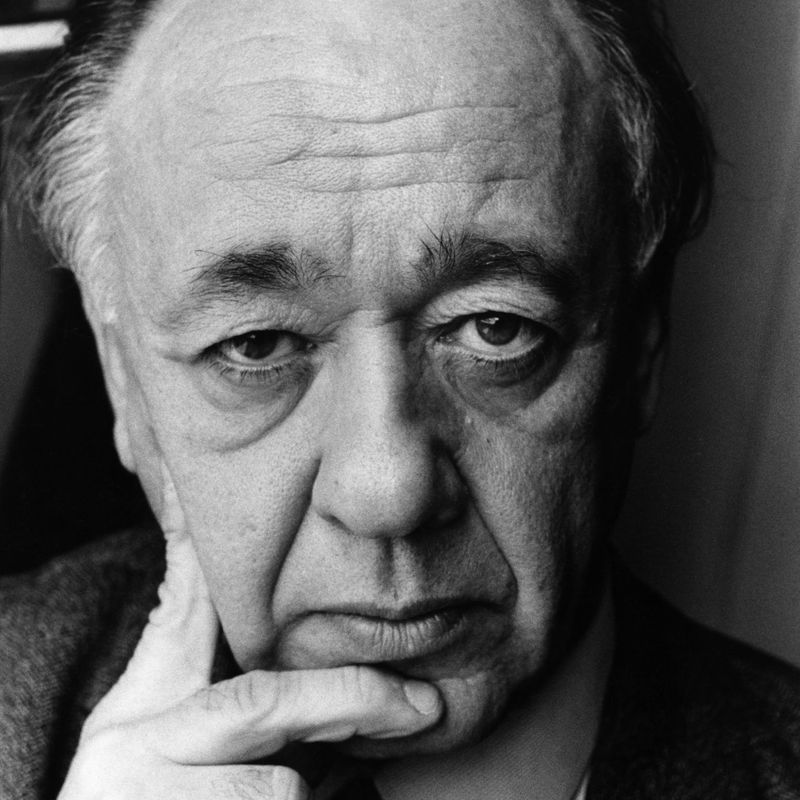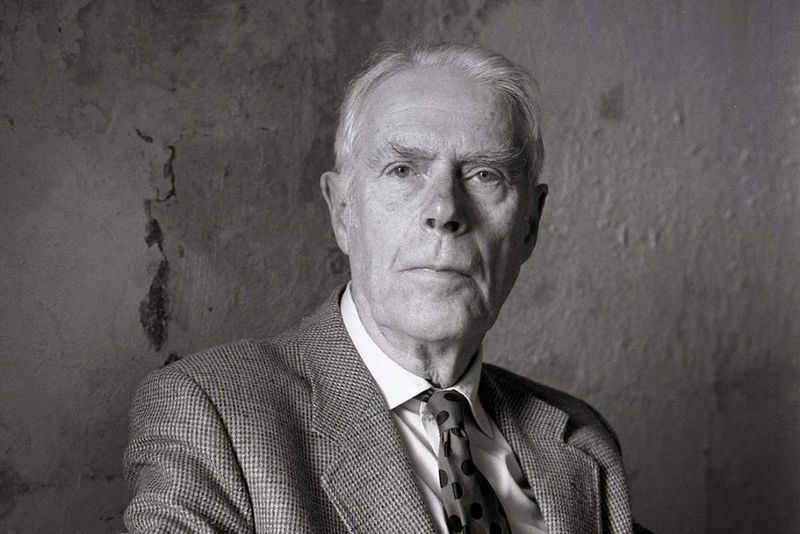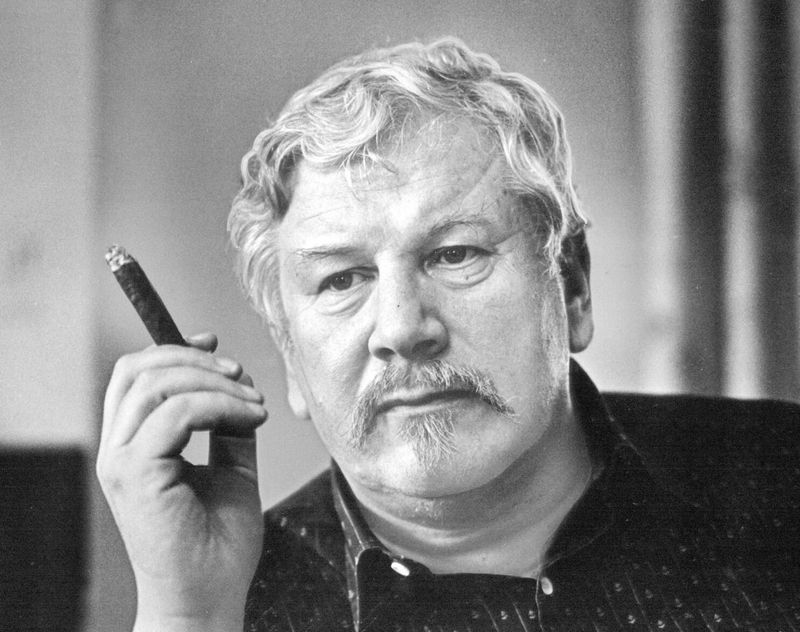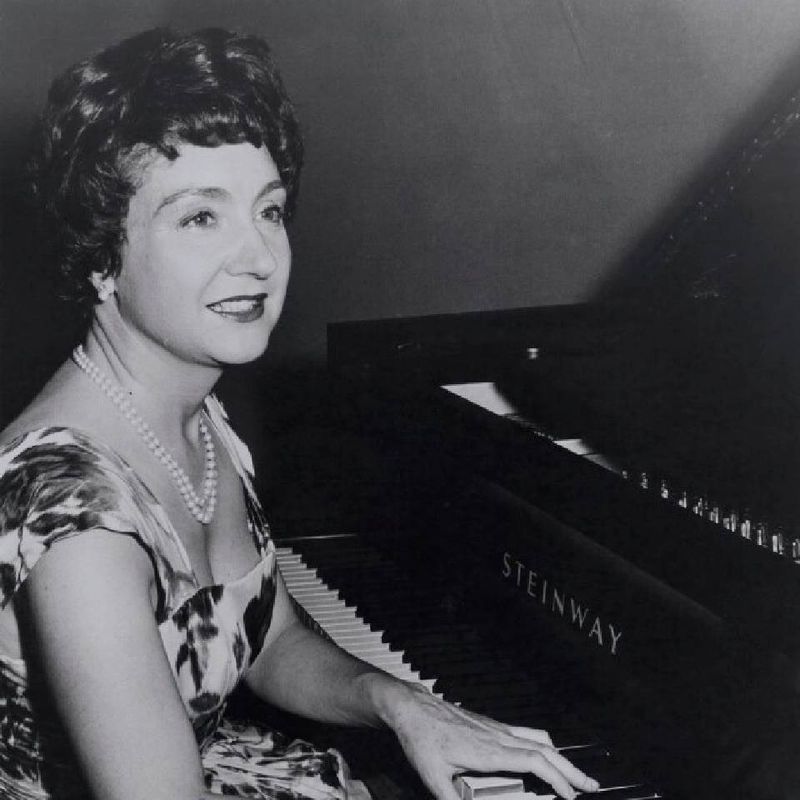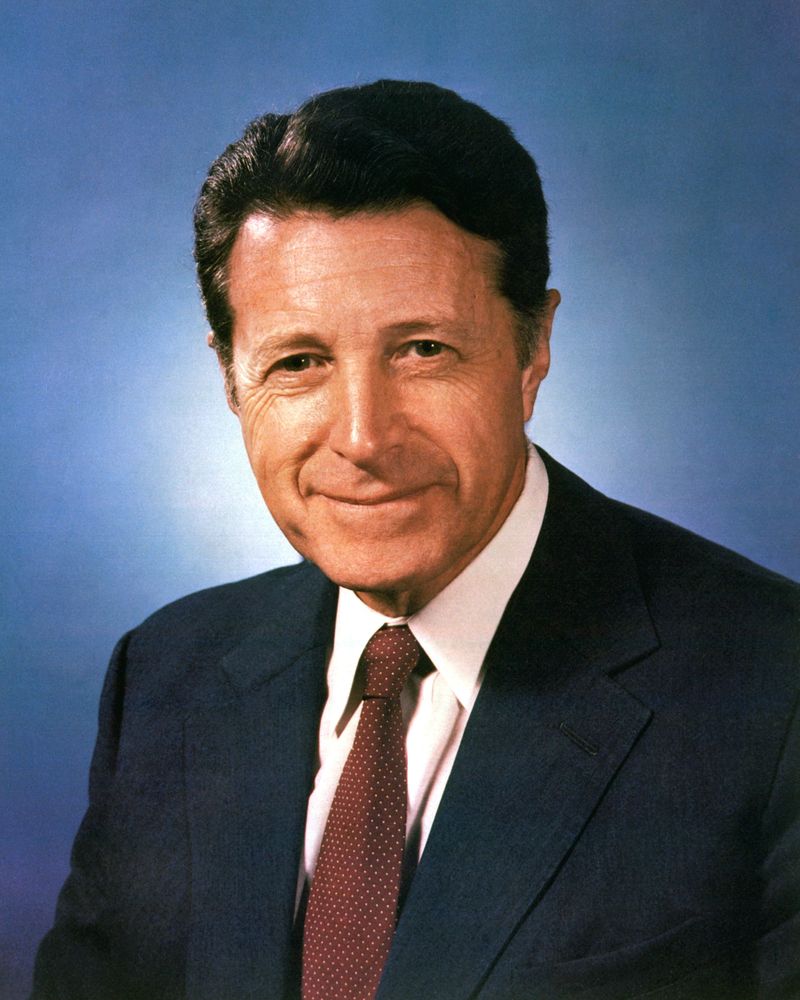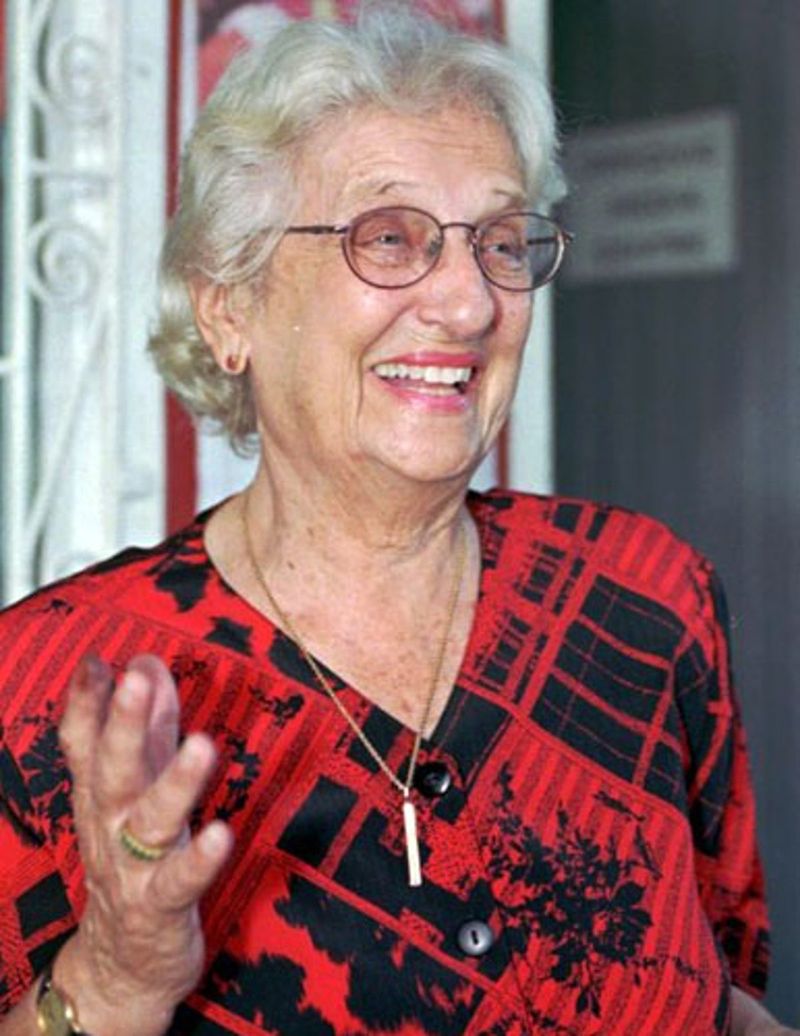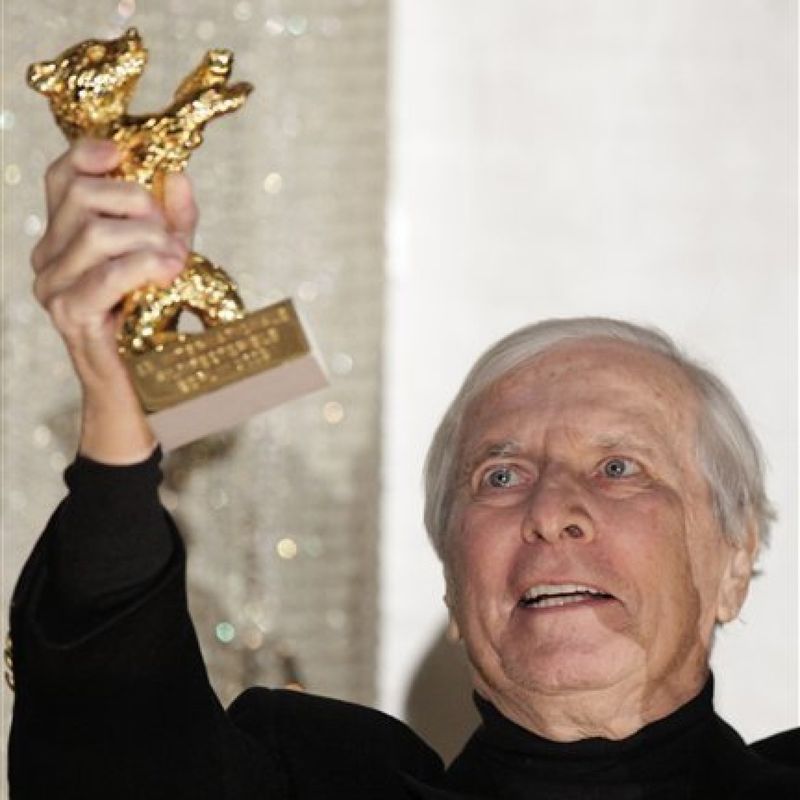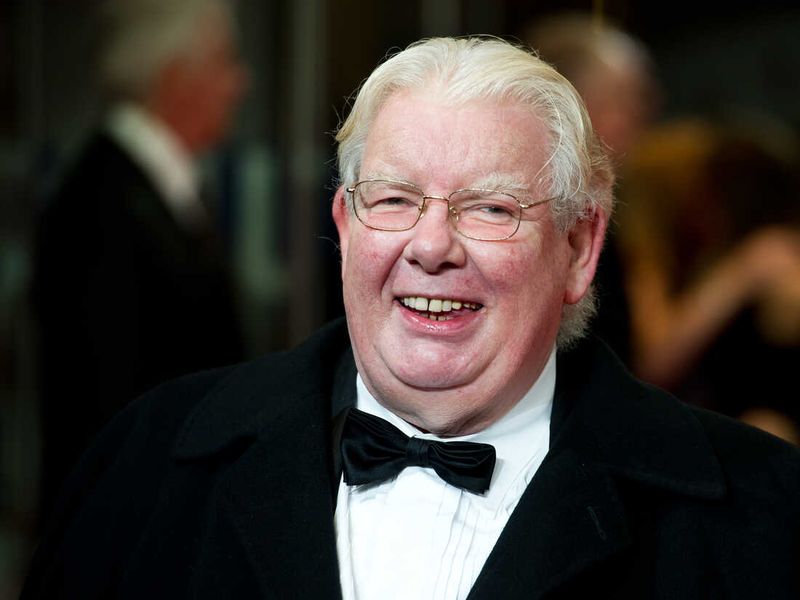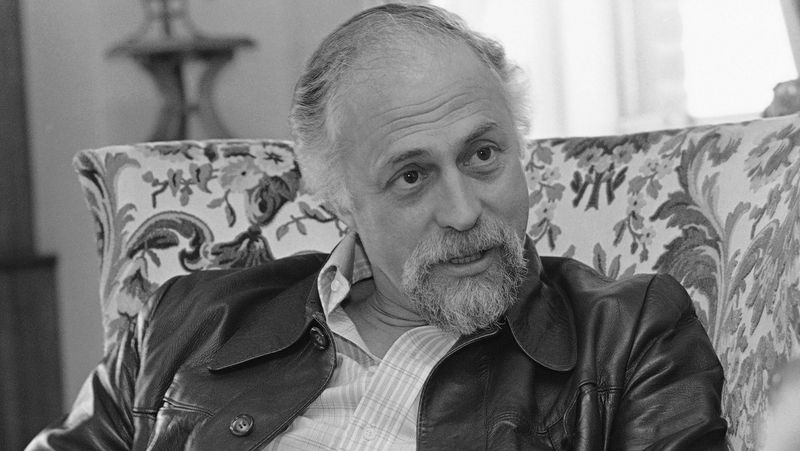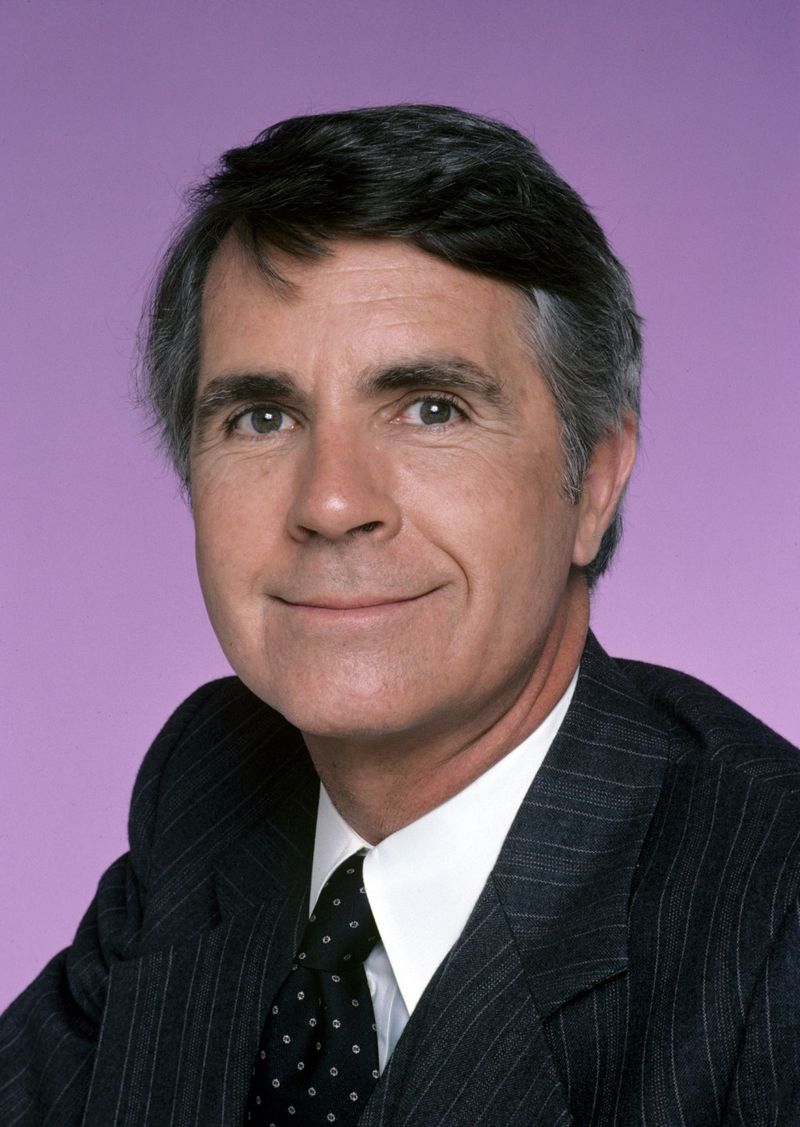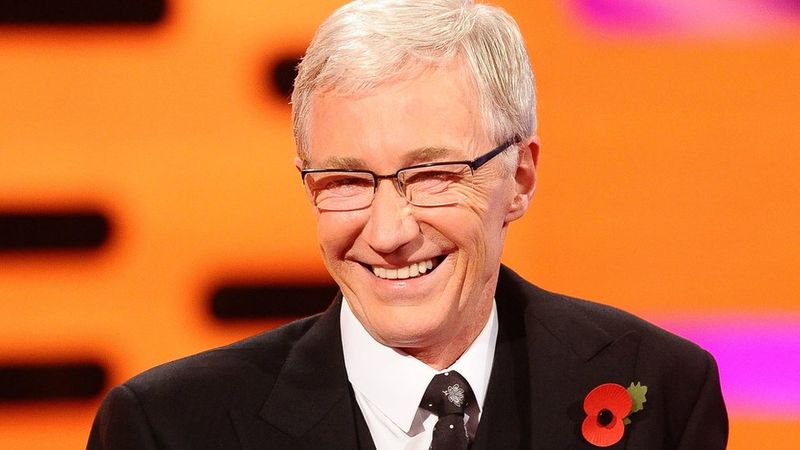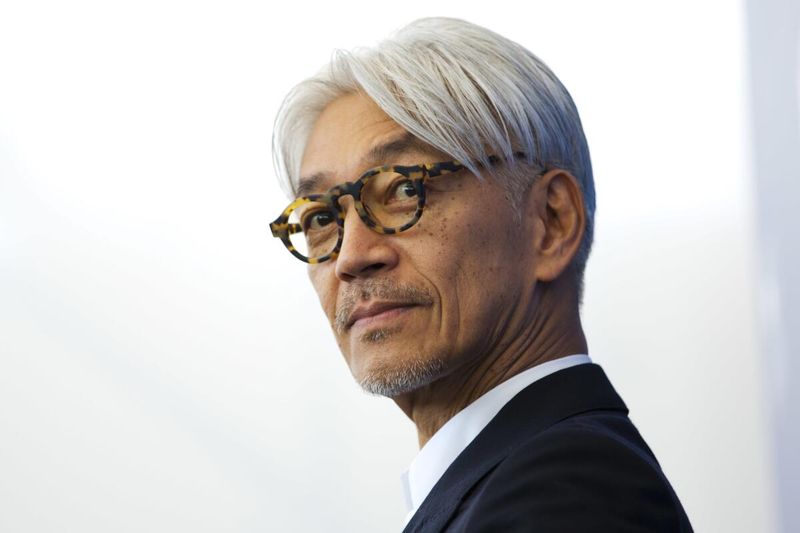March 28 marks the passing of many influential individuals across various fields. From emperors to artists, this date holds a significant place in history. Let’s explore the lives and legacies of 30 notable figures who left a lasting impact on the world.
1. Piet Joubert, South African Politician and Soldier, 1900
Piet Joubert was a prominent Boer leader known for his role in the South African wars. As a military commander, he was involved in various battles against British forces, earning a reputation for his tactical acumen.
Joubert’s leadership extended beyond the battlefield, as he was also active in politics, advocating for Boer rights and autonomy. His efforts in negotiations and governance were significant during a tumultuous period in South African history.
Joubert’s legacy is marked by his dedication to his people’s cause and his impact on the region’s colonial dynamics. His story highlights the interplay of warfare and diplomacy.
2. Albert Pinkham Ryder, American Painter, 1917
Albert Pinkham Ryder was an influential American painter known for his atmospheric and allegorical works. His unique style, characterized by luminous colors and dreamlike imagery, set him apart from his contemporaries.
Ryder’s paintings, often inspired by literature and music, resonated with emotional depth and mysticism. Although he led a reclusive life, his art gained recognition for its originality and impact on modernist movements.
Ryder’s legacy is celebrated for its contribution to American art, influencing future generations of artists. His work continues to be appreciated for its emotive power and innovative approach to visual storytelling.
3. Lomer Gouin, Canadian Politician, 1929
Lomer Gouin was a Canadian politician and statesman, serving as the Premier of Quebec. His tenure was marked by modernization efforts and economic development. Gouin’s policies focused on infrastructure, education, and health, contributing to the province’s growth.
His leadership style emphasized collaboration and progressive reforms, earning him widespread respect. Beyond provincial politics, Gouin played a role in federal affairs, advocating for national unity.
His career reflects the complexities of governance in a diverse nation. Gouin’s legacy is remembered for his contributions to Quebec’s transformation and his vision for a prosperous, cohesive Canada.
4. Katharine Lee Bates, American Poet and Songwriter, 1929
Katharine Lee Bates was an American poet and songwriter, best known for her beloved anthem “America the Beautiful.” Her literary works, marked by lyrical beauty and patriotic themes, captured the spirit of the American landscape.
Bates’ career as an educator also influenced her writing, enriching her poetry with depth and insight. Her travels across the United States inspired many of her verses, reflecting her love for the country.
Bates’ legacy is celebrated for its contribution to American literature and culture, and her song continues to resonate as a symbol of national pride and unity.
5. Mahmoud Mokhtar, Egyptian Sculptor, 1934
Mahmoud Mokhtar was an Egyptian sculptor renowned for his works that symbolize Egyptian identity and heritage. His sculptures, characterized by a blend of traditional themes and modern techniques, played a significant role in Egypt’s cultural renaissance.
Mokhtar’s work, including the famous “Egypt Awakening,” reflects his commitment to nationalistic expression and artistic innovation. His pieces continue to be celebrated for their artistic excellence and cultural significance.
Mokhtar’s legacy is a testament to the power of art in shaping national identity and inspiring future generations. His contributions remain influential in both Egyptian and global art circles.
6. Virginia Woolf, English Writer, 1941
Virginia Woolf was a pioneering English writer and a central figure in modernist literature. Her novels, such as “Mrs. Dalloway” and “To the Lighthouse,” are celebrated for their innovative narrative techniques and exploration of consciousness.
Woolf’s essays also contributed significantly to literary criticism, particularly her thoughts on gender and society. Despite personal struggles, her work continued to push literary boundaries, influencing countless writers.
Woolf’s legacy endures as a testament to her genius and impact on literature. Her life and work remain subjects of study and admiration, reflecting the transformative power of literary art.
7. Miguel Hernández, Spanish Poet and Playwright, 1942
Miguel Hernández was a Spanish poet and playwright whose works are celebrated for their emotional intensity and social themes. His poetry, deeply influenced by the Spanish Civil War, captured the struggles and hopes of his generation.
Hernández’s writings reflect his commitment to justice and humanity, resonating with readers worldwide. Despite facing persecution and imprisonment, his voice remained powerful, leaving a lasting impact on Spanish literature.
Hernández’s legacy is one of resilience and artistic brilliance, illustrating the enduring power of words in times of adversity. His work continues to inspire and move readers with its profound humanity.
8. Sergei Rachmaninoff, Russian Composer and Pianist, 1943
Sergei Rachmaninoff was a renowned Russian composer and pianist, celebrated for his emotive and technically demanding compositions. His works, including piano concertos and symphonies, are staples of classical music repertoire.
Rachmaninoff’s musical style, characterized by rich harmonies and lyrical melodies, captivated audiences worldwide. Despite facing personal and political challenges, his creativity and artistry flourished.
Rachmaninoff’s legacy is marked by his enduring influence on music, inspiring countless musicians and listeners. His contributions to classical music remain a testament to the power of artistic expression and the universality of emotional depth in music.
9. Stephen Leacock, Canadian Author and Economist, 1944
Stephen Leacock was a Canadian author and economist known for his humorous writings and insightful observations on society. His works, such as “Sunshine Sketches of a Little Town,” captured the quirks of small-town life with wit and charm.
Leacock’s ability to blend humor with social commentary endeared him to readers across the globe. Beyond literature, his contributions to economics were respected, showcasing his versatility.
Leacock’s legacy is celebrated for its contribution to Canadian literature and humor, reflecting his unique voice and perspective. His writings continue to entertain and enlighten, resonating with audiences today.
10. Jim Thorpe, American Athlete, 1953
Jim Thorpe was an iconic American athlete known for his versatility and achievements in multiple sports. As an Olympic gold medalist in decathlon and pentathlon, his athleticism was unmatched.
Thorpe’s accomplishments extended beyond track and field, including professional careers in football, baseball, and basketball. His resilience and determination overcame numerous challenges, including racial discrimination. Thorpe’s legacy is a testament to his extraordinary talent and pioneering spirit.
He is remembered as one of the greatest athletes of all time, inspiring future generations to pursue excellence in sports and break barriers. His story embodies the power of perseverance.
11. W.C. Handy, American Composer, 1958
W.C. Handy, often called the “Father of the Blues,” was a pivotal figure in the development of American music. His compositions, such as “St. Louis Blues,” helped popularize blues music, influencing countless artists.
Handy’s ability to blend traditional African American music with contemporary styles left a lasting impact on the music industry. His contributions to music education and advocacy for African American musicians furthered his legacy.
Handy’s life and work represent the cultural richness and innovation of American music, inspiring generations of musicians. His influence on the blues genre continues to resonate in today’s music landscape.
12. Jeremiah Reeves, Civil Rights Figure, 1958
Jeremiah Reeves was an African American teenager whose case became a pivotal moment in the civil rights movement. Accused of a crime he denied committing, his trial highlighted issues of racial injustice and inequality.
Despite widespread calls for clemency, Reeves was executed, sparking protests and raising awareness about civil rights abuses. His case galvanized activists and drew attention to the need for legal reforms.
Reeves’s story is a poignant reminder of the struggles for justice and equality. His legacy lives on as a symbol of the fight against racial discrimination and the ongoing quest for civil rights.
13. Dwight D. Eisenhower, 34th U.S. President, 1969
Dwight D. Eisenhower was the 34th President of the United States and a key figure in 20th-century history. His presidency focused on maintaining peace and prosperity during the Cold War era.
Eisenhower’s leadership style emphasized diplomacy and collaboration, leading to significant achievements in civil rights and infrastructure development. His military background, as Supreme Commander of the Allied Forces in Europe during World War II, informed his approach to governance.
Eisenhower’s legacy is marked by his commitment to international cooperation and domestic progress. He remains a respected leader, remembered for his contributions to global peace and American prosperity.
14. Emmett Kelly, American Clown and Actor, 1979
Emmett Kelly was a beloved American clown and actor, famous for his character “Weary Willie.” His portrayal of the downtrodden but endearing clown resonated with audiences and became an iconic figure in American entertainment.
Kelly’s performances, characterized by mime and pathos, brought joy and laughter to millions. Beyond the circus, he appeared in films and television, expanding his reach and influence.
Kelly’s legacy is a celebration of humor and humanity, illustrating the timeless appeal of clowning. His work continues to inspire performers, reminding us of the power of laughter and the importance of empathy in entertainment.
15. Dick Haymes, Argentine-American Actor and Singer, 1980
Dick Haymes was a popular Argentine-American actor and singer, known for his smooth voice and charismatic presence. His career spanned radio, film, and music, making him a versatile entertainer.
Haymes’s recordings, including hits like “It Can’t Be Wrong,” showcased his vocal talent and endeared him to fans. Despite facing personal challenges, his contributions to the entertainment industry were significant.
Haymes’s legacy is celebrated for its impact on American popular music, influencing future generations of singers. His life and career reflect the golden age of Hollywood and the enduring appeal of classic vocal performances.
16. Marc Chagall, Russian-French Painter, 1985
Marc Chagall was a Russian-French painter known for his vibrant and dreamlike artworks. His unique style, blending modernism with folk traditions, captivated art lovers worldwide.
Chagall’s paintings, such as “I and the Village,” are celebrated for their whimsical and emotional qualities. Throughout his career, he explored themes of love, memory, and identity, leaving a profound impact on the art world.
Chagall’s legacy is cherished for its artistic innovation and cultural richness, influencing countless artists. His work continues to enchant audiences, reminding us of the power of imagination and the universality of artistic expression.
17. Maria von Trapp, Singer (inspiration for The Sound of Music), 1987
Maria von Trapp was an Austrian singer and matriarch of the Trapp Family Singers, whose story inspired “The Sound of Music.” Her life, marked by resilience and faith, captivated audiences worldwide.
The family’s escape from Nazi-occupied Austria became a symbol of courage and hope. Maria’s dedication to music and education left a lasting legacy, influencing the world of choral music.
Her story, celebrated in film and theater, continues to inspire generations. Von Trapp’s life is a testament to the power of family, faith, and music in overcoming adversity and finding joy in challenging times.
18. Eugène Ionesco, French Playwright, 1994
Eugène Ionesco was a French playwright known for his contributions to the Theater of the Absurd. His works, such as “The Bald Soprano,” challenged conventional narratives and explored existential themes.
Ionesco’s innovative approach to drama influenced the development of modern theater, pushing boundaries and inviting audiences to reflect on the absurdities of life. Despite initial skepticism, his plays gained international acclaim, solidifying his place in theatrical history.
Ionesco’s legacy is celebrated for its daring creativity and philosophical depth. His works continue to provoke thought and entertain, inspiring playwrights and theater enthusiasts around the world.
19. Anthony Powell, English Novelist, 2000
Anthony Powell was an English novelist best known for his multi-volume series “A Dance to the Music of Time.” His works, characterized by wit and keen social observation, offer a rich portrayal of British society.
Powell’s writing style, marked by detailed characterizations and intricate plots, garnered critical acclaim and a dedicated readership. His influence extended beyond literature, shaping perceptions of 20th-century England.
Powell’s legacy is celebrated for its contribution to English literature, capturing the complexities of human relationships and social dynamics. His novels continue to be read and appreciated for their literary artistry and insight.
20. Peter Ustinov, British Actor and Director, 2004
Peter Ustinov was a British actor, director, and writer renowned for his versatility and wit. His performances, ranging from comedic to dramatic roles, captivated audiences worldwide.
Ustinov’s talents extended beyond acting; he was an accomplished writer and filmmaker, contributing to the arts in multifaceted ways. His humanitarian efforts and advocacy for education further enriched his legacy.
Ustinov’s life and career exemplify the power of creativity and compassion. His work continues to inspire artists and audiences alike, reminding us of the impact of storytelling and the importance of cultural exchange in fostering understanding.
21. Moura Lympany, British Pianist, 2005
Moura Lympany was a distinguished British pianist known for her exceptional talent and interpretations of classical repertoire. Her performances, characterized by technical precision and emotional depth, captivated audiences worldwide.
Lympany’s career spanned several decades, during which she collaborated with renowned conductors and orchestras. Her dedication to music and contribution to the arts were recognized with numerous accolades.
Lympany’s legacy is celebrated for its artistic excellence and influence on classical music. Her recordings continue to inspire pianists and music lovers, reflecting the enduring power of musical expression and the beauty of the classical tradition.
22. Caspar Weinberger, U.S. Secretary of Defense, 2006
Caspar Weinberger served as the U.S. Secretary of Defense under President Ronald Reagan. His tenure was marked by a focus on military expansion and strategic initiatives during the Cold War.
Weinberger played a key role in shaping U.S. defense policy, advocating for increased military spending and technological advancements. His leadership was instrumental in maintaining U.S. military strength, contributing to the eventual end of the Cold War.
Weinberger’s legacy is remembered for its impact on national security and defense strategy. His career exemplifies the complexities of military leadership and the pursuit of peace through strength.
23. Janet Jagan, President of Guyana, 2009
Janet Jagan was a pioneering political leader who served as the President of Guyana. As the first female president of the country, she played a significant role in shaping its political landscape.
Jagan’s leadership was marked by a commitment to social justice and economic development, focusing on improving the lives of Guyana’s citizens. Her tenure faced challenges, but her dedication to progress was unwavering.
Jagan’s legacy is celebrated for breaking barriers and inspiring women in politics. Her story exemplifies the power of perseverance and vision in leadership, contributing to a more inclusive and equitable society.
24. Maurice Jarre, French Composer, 2009
Maurice Jarre was a celebrated French composer known for his film scores, which brought cinematic stories to life with music. His compositions for films like “Lawrence of Arabia” and “Doctor Zhivago” are iconic, earning him international acclaim.
Jarre’s ability to blend traditional orchestration with innovative techniques made his music stand out. His contributions to film music have left a lasting impact, influencing composers and filmmakers.
Jarre’s legacy is celebrated for its artistic excellence and emotional resonance, demonstrating the vital role of music in storytelling. His work continues to inspire, reflecting the timeless connection between music and emotion.
25. Richard Griffiths, English Actor, 2013
Richard Griffiths was a distinguished English actor known for his work in film, television, and theater. His performances, characterized by versatility and depth, earned him acclaim across the entertainment industry.
Griffiths was best known for his role as Uncle Vernon in the “Harry Potter” series, but his career spanned a wide range of characters. His ability to bring nuance and authenticity to his roles made him a beloved figure among audiences.
Griffiths’s legacy is celebrated for its contribution to the performing arts, demonstrating the power of storytelling and the importance of character-driven narratives. His work continues to inspire actors and audiences alike.
26. Gene Saks, American Director, 2015
Gene Saks was a renowned American director known for his work in theater and film. His collaborations with playwright Neil Simon resulted in iconic productions such as “The Odd Couple” and “Barefoot in the Park.”
Saks’s directing style, characterized by comedic timing and empathy, brought stories to life on stage and screen. His contributions to theater and film earned him numerous accolades, solidifying his place in entertainment history.
Saks’s legacy is celebrated for its influence on American comedy and theatrical innovation, inspiring future generations of directors. His work remains a testament to the enduring appeal of laughter and storytelling.
27. James Noble, American Actor, 2016
James Noble was a beloved American actor known for his role as Governor Gatling on the television series “Benson.” His performances, marked by warmth and humor, endeared him to audiences.
Noble’s career spanned several decades, during which he appeared in numerous stage productions and films. His ability to convey sincerity and charm made him a favorite among fans.
Noble’s legacy is celebrated for its contribution to television and his influence on character-driven entertainment. His work continues to be appreciated for its lightheartedness and appeal, reminding us of the joy and connection found in storytelling.
28. Paul O’Grady, British Comedian and Actor, 2023
Paul O’Grady was a beloved British comedian and actor, known for his sharp wit and warm personality. His character, Lily Savage, brought laughter to countless fans, becoming an iconic figure in British comedy.
O’Grady’s television shows and stage performances showcased his talent for humor and empathy, endearing him to audiences across generations. Beyond entertainment, he was an advocate for animal rights and social causes, reflecting his compassionate spirit.
O’Grady’s legacy is celebrated for its impact on comedy and his contributions to charity. His work continues to inspire, illustrating the joy and connection found in laughter.
29. Ryuichi Sakamoto, Japanese Composer, 2023
Ryuichi Sakamoto was a celebrated Japanese composer and musician known for his eclectic and innovative works. His career spanned various genres, from classical to electronic music, showcasing his versatility and creativity.
Sakamoto’s compositions for films, including the Oscar-winning score for “The Last Emperor,” earned him international acclaim. His collaborations with artists across different fields further enriched his musical legacy.
Sakamoto’s influence on contemporary music is profound, inspiring countless musicians and composers. His legacy is celebrated for its artistic brilliance and cross-cultural impact, illustrating the universal language of music and its ability to transcend boundaries.
30. Larry Lloyd, English Footballer, 2024
Larry Lloyd was a renowned English footballer known for his defensive prowess and leadership on the field. His career included successful stints with clubs such as Liverpool and Nottingham Forest, where he contributed to numerous victories.
Lloyd’s ability to read the game and his tenacity made him a key player in his teams’ successes. Beyond his playing days, he was involved in coaching and mentoring young athletes, influencing the next generation of football talent.
Lloyd’s legacy is celebrated for its impact on English football, reflecting his dedication to the sport and the camaraderie it fosters among players and fans.
